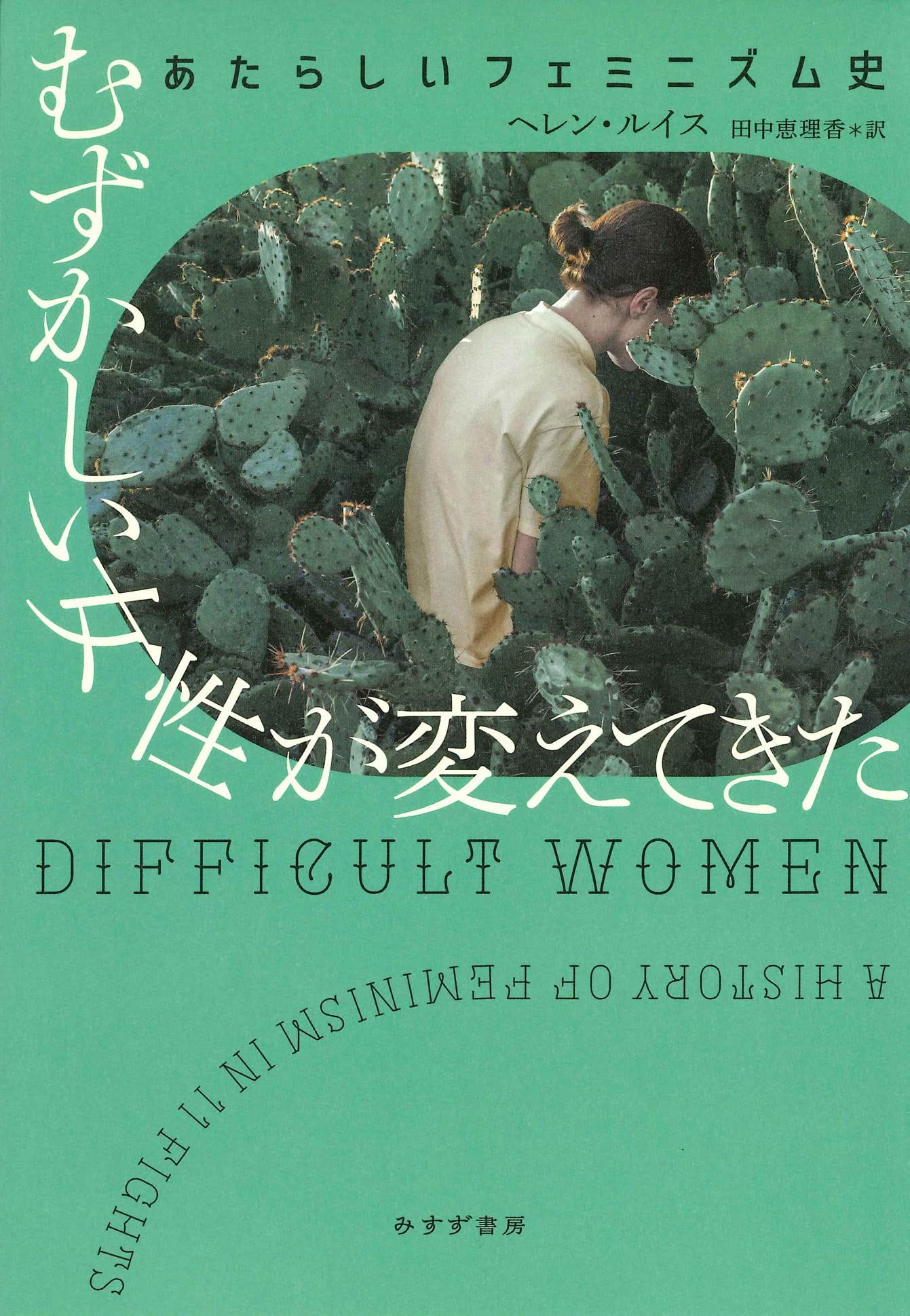Happy Friday!
Last week, I was lured out from my book leave cave to write again about the possible fall of Roe v Wade, the court case which established the American right to abortion. My editors were interested in why so many progressive institutions are using gender-neutral language in their coverage and campaigning, and whether that’s helpful. In my view, it’s not. I think there’s a balance to be struck between helping those who don’t identify as women, and being clear about the worldview underpinning the Republicans’ war on abortion.
The latest mass shooting the US — at a supermarket in Buffalo, New York — was carried out by a racist gunman obsessed by “the Great Replacement,” who had turned to the nihilistic troll space 4Chan during the pandemic. (You can read me on the former here and the latter here.) The Great Replacement conspiracy theory holds that the left is deliberately importing immigrants as a new electoral base, or perhaps to undermine western Christian societies. This fear is turbocharged by falling birth rates in the West, which are a real phenomenon: the more educated and financially women are, the fewer children they have, on average.
The Great Replacement and the cultural battle to ban abortion are two prongs of the same cultural anxiety: that “our” women (read: white women) aren’t having enough babies, and “their” women are having too many. Our women are too liberated, and have forgotten what they were put on Earth to do. This is also why authoritarian movements and the far-right have such a beef with feminism, which they believe is turning women away from kinder, küche, kirche and towards having lives of their own.
The Buffalo shooter had “14” painted on his gun, as did the man who killed 51 Muslims in New Zealand three years ago—a man who also left behind a replacement-obsessed manifesto. That’s a reference to the “fourteen words” of white supremacy: “We must secure the existence of our people and a future for white children.”
Mass shooters are male, almost without exception, but the 14 words show the paradox of maleness—a paradox which is the foundation of patriarchy. No matter how powerful a man you are, how well-armed, how sure of your righteousness, you can’t secure your “existence” or the “future of your children” without access to women’s bodies; something that every great male dictator in history has discovered, often with terrible results for the women around him (for example: Henry VIII).
Which women are having babies, and how many they’re having, is one of the repeated themes of politics. The Soviets gave out medals—The Order of Maternal Glory—to the exceptionally fecund. Hitler awarded those with eight or more the golden “Mothers Cross”. Politicians always want more of “us” than them; Nick Clegg once accused his Tory coalition partners of blocking new social housing because they saw it as a “petri dish” for Labour voters.
That impulse can lead to some truly dark places. Before eugenics was the murderous ideology of the Nazis it was a respectable ideology of the British left. Like The Great Replacement, it was another monstrosity built on an uncontested fact—in that case, that working class women had far more children on average than rich ones.
The Great Replacement is no longer a fringe theory. Fox News’s star host Tucker Carlson has flirted with its rhetoric, and his authoritarian man-crush Viktor Orban declared in 2019 that he wanted “Hungarian children” rather than immigrants. Orban offered more nursery places and discounts on people carriers, and promised women who had more than four children an exemption from income tax. (In the same vein, I always wonder if the Israeli government’s tolerance for its troublesome ultra-orthodox community is related to their exceptionally high birth rates of around 7 children per woman.)
Marxism is about who controls the means of production; but Marx’s disciple Engels noted that it’s just as important for societies to control the means of reproduction. And controlling reproduction means controlling women.
That is one of several reasons I think we need to keep the word “women” in the abortion conversation. Do read my piece for more.
Helen
PS. The Atlantic also asked me to expand on the links between anti-Black racism, anti-semitism and anti-feminism in far-right thinking. Here I am on the Intersectionality of Hate.
Amber Heard and the Death of Me Too (New York Times)
Online, there’s a level of industrial-scale bullying directed at Heard that puts all previous social media pile-ons to shame. Countless videos skewer Heard on TikTok; the ’NSync member Lance Bass joined in the trend of mockingly re-enacting her testimony. A makeup brand even took part in the anti-Heard melee, posting a TikTok video meant to contradict her lawyer’s description of how she covered up bruises. Meanwhile, every platform appears to be full of adoring pro-Depp memes. “Why Does It Seem Like the Entire Internet Is Team Johnny Depp?” said a Vice headline.
But it’s not just the internet. “Believe all women, except Amber Heard,” Chris Rock joked recently. A “Saturday Night Live” sketch last weekend turned one of Depp’s wildest accusations against Heard into a skit, treating her as a figure of ridicule and him as a charming scamp.
There is huge, huge traffic in the Johnny Depp-Amber Heard trial, and that has created a whole cottage industry of trial commentary online. (The most obvious group are the TikTok Deppfluencers.) I agree with Michelle Goldberg that Heard is not a “perfect victim”—she appears to have been erratic and to have started fights. The relationship seems to have been mutually toxic; these people should not have been together. But the asymmetry in the fandom response is stark. The actions of the Heard as described in court reports are far more explicable than those attributed to her by the pro-Depp influencers.
Let’s step back, though, from the rights and wrongs of this individual case, because it demonstrates a familiar pattern. Young female fans love to feel that their crush is being terribly wronged by the actual woman in his life. It is part of a fantasy that they would be the perfect girlfriend for him, willing to put up with anything, able to charm away his temper and soothe the glamorous, profound, compelling pain in his soul which has driven him to lash out. I love you so much I would be a doormat with no desires of my own.
Back when Tumblr was a thing, there was a whole genre of fanfic called “hurt, comfort” which revolved around soothing the turmoil of men; the attraction of it was that the comforter had a unique insight into the vulnerability of a physically alpha man, or a tortured poet, or an emotionally unavailable genius. (Benedict Cumberbatch’s Sherlock was a favoured subject: hot, but also cold.)
Mix that in with that the common idea that violence is actually “passion”—we love each other so much that we can’t control ourselves—and you can begin to understand why women stay with men who are hurting them.
Alongside this eroticised subservience lies an odd kind of power fantasy, of “fixing” a man. The more violent, lost or out of control he is at the start, the better it reflects on the woman whose love saved him. How special she is, to be the only woman who can tame this beast! Witness the phenomenon of women who marry men on Death Row; they get to delude themselves that they’ve “saved” someone while enjoying the sexual frisson of a relationship with a caged monster, “the ultimate Alpha”. Like fans having an imagined relationship with a celebrity, these women’s actual willingness to be abused is never tested; it is a safe way to indulge a fantasy of submission.
For whatever reason, teenage boys don’t dream of being treated like shit by female celebrities. And men’s eroticised submission tends to happen in contexts where it’s acknowledged they can say “stop” whenever they want, i.e. Home Counties accountants visiting Miss Whiplash. Is this an innate female thing—or a response to a world in which 98 percent of sexual violence is carried out by men, and every other detective show or Netflix true crime series seems to revolve around dead women? I don’t know—and I’m not sure it matters. The phenomenon is real.
I feel sad for the female fans in the most ardently pro-Depp internet communities. They have moved from the laudable aim of stressing that everyone should have due process, and that not every domestic violence case is a simple story, into mutually reinforcing the idea that “bad boys” should be indulged, and that toxic relationships can be salvaged with enough female submission.
Quick Links
Megan Garber rewatches Knocked Up in the shadow of Roe (The Atlantic).
Turns out it’s incredibly difficult to make a penis (New York Times).
“I wrote a story entitled ‘Recitatif,’ in which there are two little girls in an orphanage, one white and one black. But the reader doesn’t know which is white and which is black. I use class codes, but no racial codes [. . .] Soon as I say, Black woman . . . I can rest on or provoke predictable responses, but if I leave it out then I have to talk about her in a complicated way—as a person.” Toni Morrison’s Paris Review “art of fiction” interview (hat-tip to Henry Oliver for sending it to me).
My new favourite way to explain that correlation does not equal causation (Twitter).
“Never, never litigate, unless it is absolutely unavoidable [ . . . ] In 99 out of 100 instances, the best advice is to leave it, and get on with living your life.” Marina Hyde on “Wagnarok” (The Guardian).
“Art is not therapy.” An essay against catharsis (Quillette).
“Politics is like a vice amplifier, where everybody has a need for affirmation, a need to be important, to be recognized. And then when you’re a young man who has a terrible accident like that, and your identity is kind of stripped from you, all of that is amplified even more.” An empathetic but rigorous profile of soon-to-be-former Republican congressman Madison Cawthorne, a chaotic young man in a party which likes rule-breakers, iconoclasts and bullies … until it doesn’t. (Politico).
My colleague David Sims on MEN (The Atlantic).
“Society doesn’t evolve by consensus, voting, majority, committees, verbose meeting, academic conferences, and polling; only a few people suffice to disproportionately move the needle.” Why so much British fast food is halal, and so many US soft drinks are kosher: Nassim Nicholas Taleb on how unbudgeable minorities get their way in a pluralistic society (Medium).
An exceptionally well-done interactive news story on how the Ukraine war appears to Russian news consumers (Economist).
Some Democrats and Planned Parenthood want us to stop saying “pro choice”, which they say does not reflects the lived experience of Black women. They want “decision” used instead. Josh Barro takes issue with that, and with “the everything-is-everything framing that’s so popular with progressive activists: ‘We can’t fight climate change without dismantling capitalism,’ ‘student debt cancellation is a racial justice issue,’ and so on. x is y and y is z and we can never talk about one particular issue in isolation, it’s all just a huge morass of intersecting oppression, blah blah blah. When you say this, what voters hear is that no individual problems will be fixed.” (Substack).
Poetry corner: Regular readers will know that one of my favourite poems is Clive James’s “The Book Of My Enemy Has Been Remaindered”. (“What avail him now his awards and prizes, / The praise expended upon his meticulous technique, / His individual new voice?”).
So I am delighted to discover from Andrew Sullivan’s Substack that a female writer has done a version. Here is Francesca Bell’s ““I Long to Hold the Poetry Editor’s Penis in My Hand”.
I LONG TO HOLD THE POETRY EDITOR’S PENIS IN MY HAND
and tell him personally,
I’m sorry, but I’m going
to have to pass on this.
Though your piece
held my attention through
the first few screenings,
I don’t feel it is a good fit
for me at this time.
Please know it received
my careful consideration.
I thank you for allowing
me to have a look,
and I wish you
the very best of luck
placing it elsewhere.
Self-promotion zone: The Japanese edition of Difficult Women is out now, translated by Erica Tanaka.
Google Translate wasn’t much help with the one review I found, which promised that the book covers subjects “from being a white feminist to a fierce online swearing battle.” (The latter sounds more like Caroline Criado Perez, IMO.)
See you next time!






Love the book cover!!
Yes, I could have mentioned that — the Buffalo shooter’s manifesto complained about his “cucked” assault rifle, and it’s one of the words that has broadened its meaning on 4Chan etc to mean “bad” more generally, which is telling.